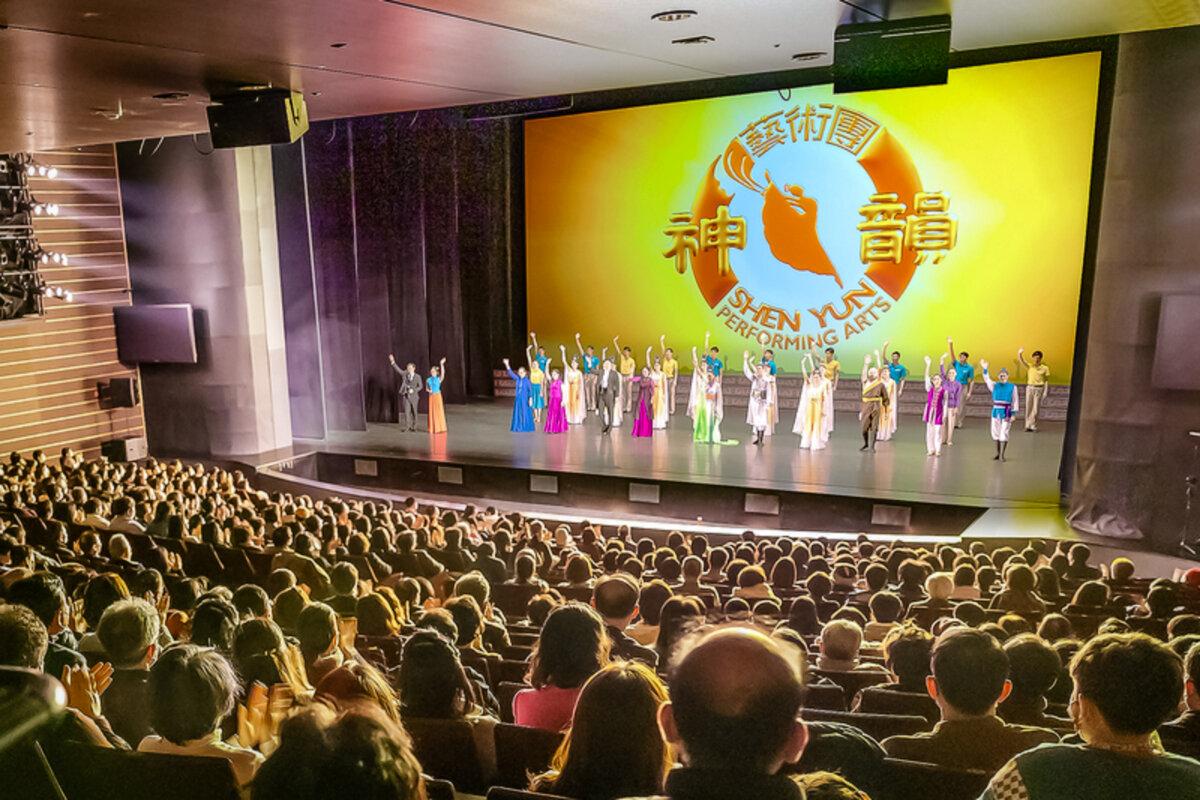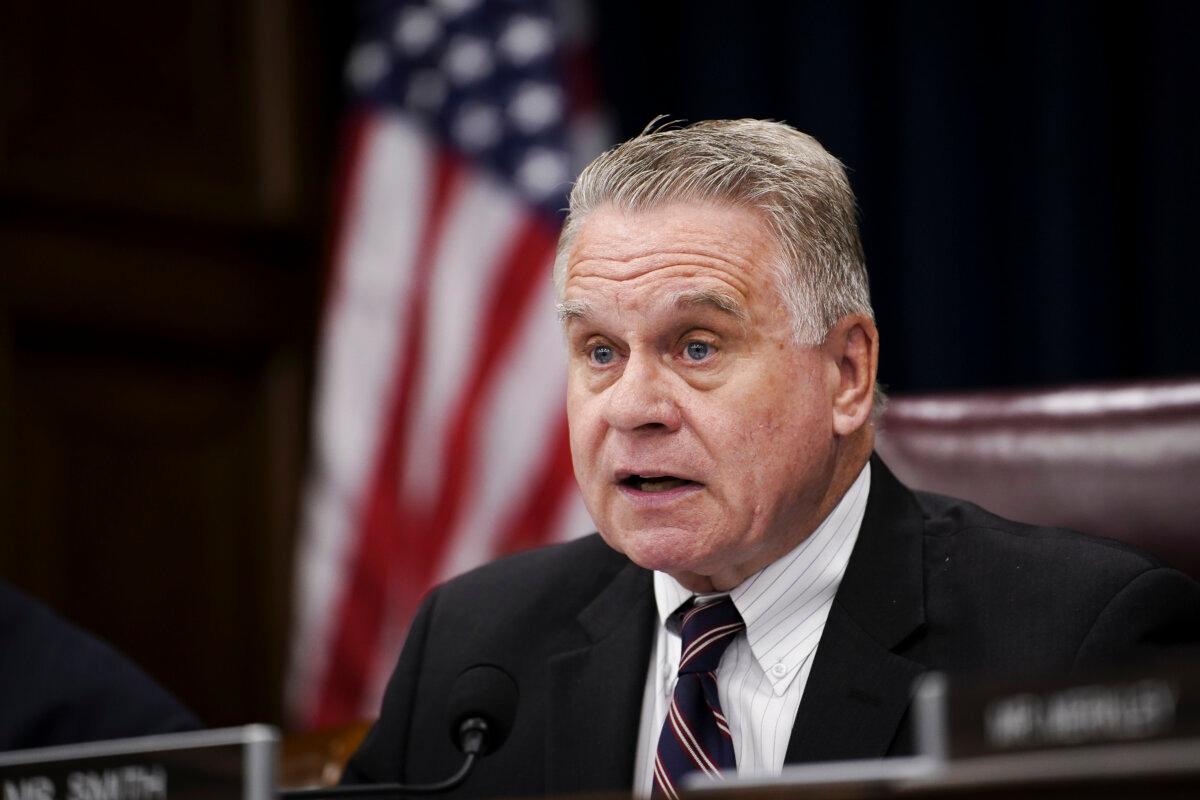Several Congress members on the House Foreign Affairs Committee have conveyed concerns over the Chinese Communist Party’s (CCP’s) influence in South Korea after Beijing successfully pressured theaters in the nation to refuse to host a New York-based performing arts group.
Shen Yun Performing Arts is dedicated to bringing back the beauty of authentic Chinese culture through dance and music as it existed before communist rule—a mission that exposes the CCP’s efforts to impose ideological control over its people. Consequently, Shen Yun cannot perform in China.
Rep. Michael McCaul (R-Texas), the committee’s chairman, said that “nothing scares the CCP more than freedom and democracy,” in response to a question about the Chinese regime’s interference in South Korea.
“I would hope that it would be a wake-up call to South Korea that your economic ties are not as important as your freedom and democracy,” Mr. McCaul told The Epoch Times’ sister media outlet NTD on Nov. 29.
“I think they should take a strong look at the attempt to basically cancel the culture of China prior to Chairman Mao and communism, that they should celebrate the freedom and democracy, not censor it from their own country.”
‘Never Acceptable’
In a recent interview with NTD, a representative from the Chinese Embassy in Seoul admitted that Beijing is actively attempting to prevent Shen Yun from performing in South Korea.Rep. Scott Perry (R-Pa.) told NTD on Nov. 29 that he’s not surprised by the embassy’s move.
“Censorship in free societies is never acceptable,” Mr. Perry said. “It remains reprehensible, which again, goes to the reason why we should all be working together to oppose the Chinese Communist Party at every single level.”
Rep. Mike Waltz (R-Fla.) told NTD that Beijing is “afraid” of a free society.
“I’m not familiar with the details, except that the Chinese Communist Party is literally afraid of free expression,” Mr. Waltz said. “The thing they fear the most is their own people’s freedom—freedom of assembly, freedom of religion, freedom to petition their government, freedom to protest peacefully. So it doesn’t surprise me, these actions on their part.”

“The CCP should never have a say in the decisions of any nation, much less a free and democratic nation,” Ms. Steel wrote.
“Shen Yun represents some of the values that the CCP fears the most—freedom of religion and freedom of expression. We must stand strong together against any attempt to undermine democracy, including the suppression of Shen Yun.”
‘Repressed Horribly’
The CCP’s interference with Shen Yun in South Korea isn’t an isolated incident. The regime began ordering its embassies and consulates worldwide to exert pressure on theaters during the company’s third world tour in 2008, according to Shen Yun.“They went so far as to threaten that, if the theater managers did not comply, the country’s political and economic relations with China would suffer,” Shen Yun’s website states.

Rep. Chris Smith (R-N.J.), who’s also the chair of the Congressional-Executive Commission on China, told NTD on Nov. 29 that South Koreans “need to stand tall” and “not allow themselves to be intimidated” over their decisions about Shen Yun.
“It’s also basically trying to crowd out any kind of thought about those Falun Gong practitioners who are being repressed horribly in China,” Mr. Smith said.
Falun Gong, also known as Falun Dafa, is an ancient Chinese spiritual practice consisting of simple, slow-moving meditation exercises and teachings based on the principles of truthfulness, compassion, and tolerance.
Some of Shen Yun’s performers have been victims of the persecution in China, or have family members who are victims, according to the website.
“I hope [South Koreans will] resist and say, ‘No, we have a right to allow those performances to go on, and they should go on,’” Mr. Smith said.







